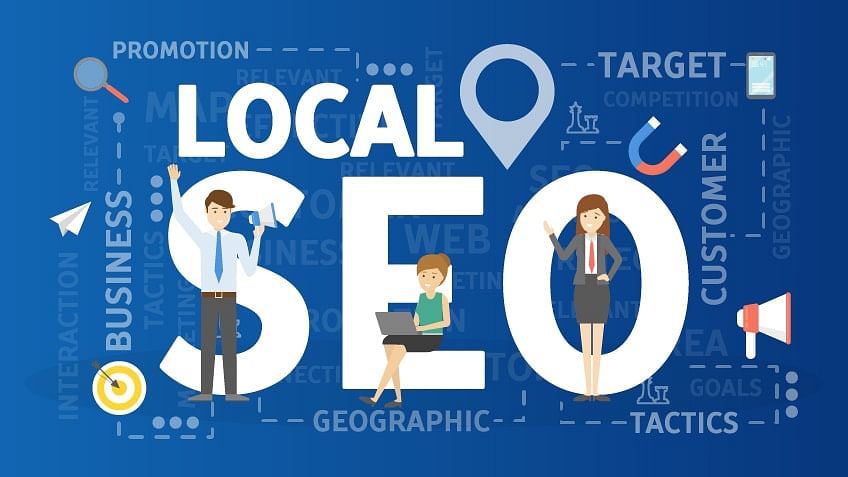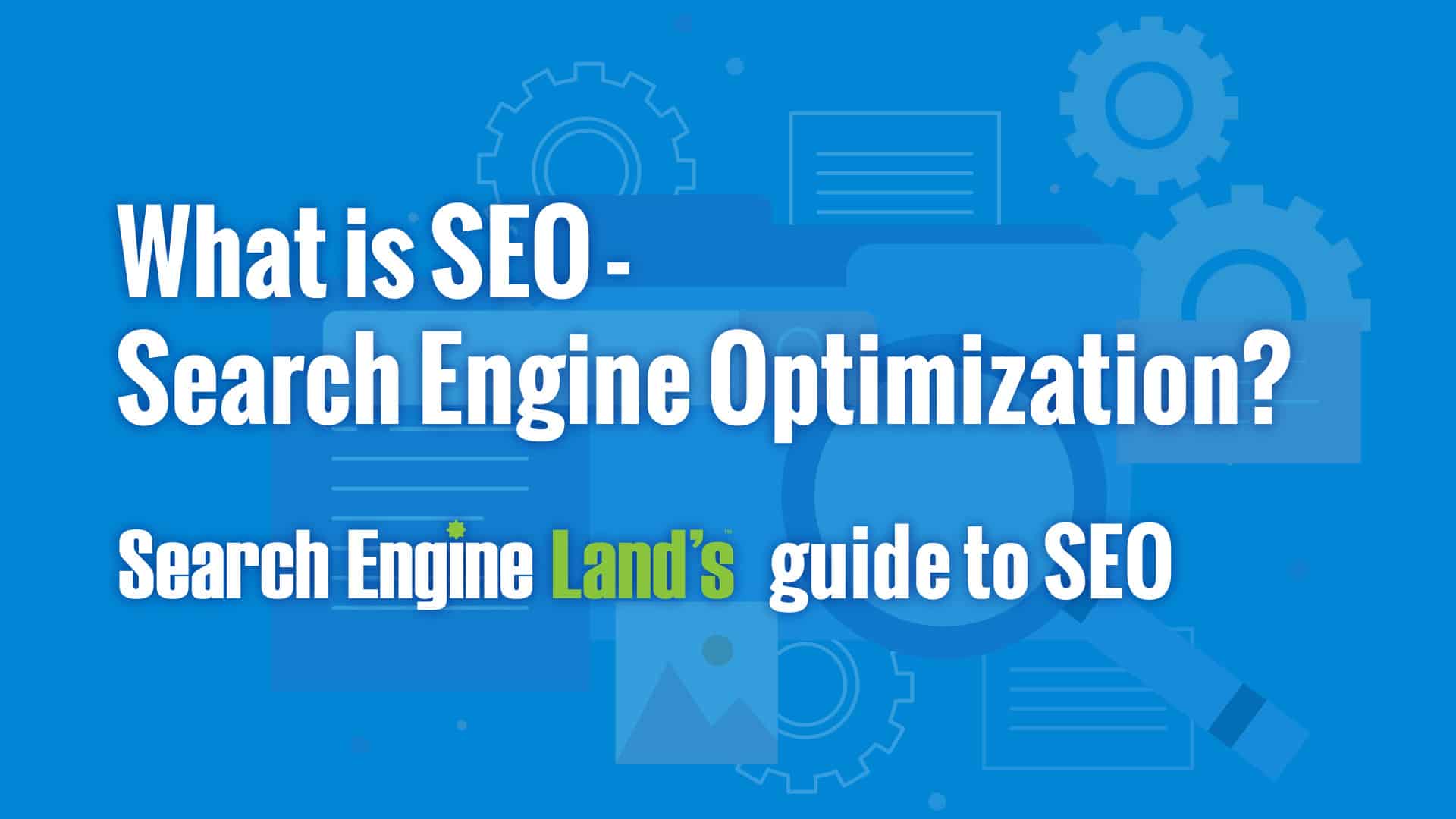Understanding Local SEO

Local SEO focuses on optimizing your online presence to attract more business from relevant local searches. These searches take place on Google and other search engines. If you own a local business, it’s crucial. Local SEO builds visibility within your vicinity, increasing foot traffic and potential clients. It takes into account factors like location-based keywords, Google My Business, and customer reviews. Ultimately, mastering local SEO helps you compete against nearby competitors, enhancing your local digital footprint effectively.
What is Local SEO and Why is it Important
Local SEO is about improving your online presence for local searches. When people search for services or products near them, you want your business to show up. It’s crucial because it helps local customers find you easily. By focusing on this, you increase foot traffic and potential sales. It also gives you a competitive edge over nearby businesses. Local SEO uses tools like location-based keywords and Google My Business. This targeted approach ensures you’re reaching the right audience in your area.
Key Components of Local SEO Optimization
To succeed in local SEO, focus on a few core components. First, you need accurate and consistent NAP (Name, Address, Phone Number) information. Ensure it matches across all platforms. Next, optimize your Google My Business profile fully. Use relevant local keywords in your content and metadata. Gather genuine customer reviews; they build trust. Finally, local backlinks enhance your authority. These steps are essential in boosting your visibility for local searches, helping potential customers find you more easily.
Google My Business Optimization
To start, claim your Google My Business listing if you haven’t already. Ensure all information is accurate and up-to-date. Add a compelling business description with relevant keywords. Upload high-quality photos showing your business in the best light. Don’t forget to specify your business hours; clients need to know when you’re available. Encourage satisfied customers to leave reviews. Respond promptly to all reviews, both positive and negative. This interaction boosts your credibility and shows you care about customer feedback.
Optimizing Google My Business Listing

Claim your Google My Business listing if you haven’t already. Ensure all details are accurate, including business name, address, and phone number. Craft a compelling description with relevant keywords. Upload high-quality photos to showcase your services. Specify your business hours accurately. Encourage happy customers to leave positive reviews. Respond to all reviews promptly; it shows you care about feedback and boosts credibility. Regularly update your listing to reflect any changes in your business. This increases visibility and engagement.
Leveraging Google Maps for Local SEO
You need to ensure your business is listed on Google Maps. This makes it easier for local customers to find you. Add accurate locations and any relevant landmarks nearby. Use clear and consistent contact information. Embed the Google Maps feature on your website for better visibility. Encourage satisfied customers to leave reviews on your Google Maps listing. Regularly update your location details if you move or expand. Providing accurate and up-to-date information helps improve your local search rankings.
Content Marketing for Local SEO

Content Marketing for Local SEO
Creating localized content is crucial for attracting local customers. Focus on writing blog posts about local events, news, and community stories. Use local keywords naturally within your content. Optimize your meta descriptions and title tags with local terms. Share customer testimonials and success stories specific to local clients. Engage with your audience through social media platforms. Highlight local partnerships and sponsorships. By producing relevant and engaging content, you enhance your local online visibility and drive more traffic to your website.
Creating Localized Content
Focus on writing about your community. Highlight local events and news. Interview local business owners or community leaders. Share stories that resonate with locals. Use local slang and phrases. Mention landmarks and popular spots. Promote your content through local social media groups. Collaborate with local influencers. Address common local issues or concerns. Offer localized solutions in your content. Always add a local touch to make your audience feel connected. This builds trust and fosters community engagement.
Utilizing Keywords for Local SEO
Keywords are crucial for Local SEO. First, identify relevant local keywords. Use tools like Google Keyword Planner. Include city names in your keywords. Opt for long-tail keywords that local users might search. Insert these keywords naturally in your content. Add them to meta descriptions and headers. Optimize your images with local keywords in alt text. Use keywords in URLs as well. Consistency is key. Regularly update your keyword strategy based on performance. This focus will boost your local search visibility effectively.
Local Link Building Strategies
Local Link Building Strategies
Local backlinks are essential for boosting your site’s authority. Start by connecting with local businesses for link exchanges. Attend community events and partner with local organizations. Create valuable content that local sites want to link to. Sponsoring local events can also earn you backlinks. Don’t overlook local directories; they are a great resource. Join local business groups and forums. Reach out to your community for guest blogging opportunities. Consistently seek new connections to build a robust local backlink profile.
Importance of Local Backlinks

Local backlinks boost your site’s authority, signaling relevance to search engines. You’ll rank higher in local search results, driving more traffic to your website. Links from reputable local sources increase your credibility and trustworthiness. Building relationships within your community can lead to mutually beneficial link exchanges. Local backlinks also contribute to better visibility on Google Maps and local searches. They provide direct referral traffic and help your business stand out in a competitive local market.
Effective Ways to Build Local Links
Seek out local business directories to get your website listed. Network with local bloggers and influencers to gain mentions or reviews. Sponsor local events or clubs for backlinks on their sites. Collaborate with local non-profits, offering support in exchange for links. Write guest posts for local websites to establish authority and receive backlinks. Participate in local forums and online communities, sharing your expertise while linking back to your site. These strategies will help you build a robust local backlink profile efficiently.
Mobile Optimization for Local SEO
In today’s mobile-centric world, your website must be mobile-friendly. A significant portion of local searches comes from mobile devices. Ensure your site loads quickly and looks good on all screen sizes. Use responsive design to adapt your content to various devices. Make navigation simple and intuitive. Also, optimize images and videos for faster loading times. This will improve user experience and boost your local search rankings. Keep testing your site on different devices to ensure it remains mobile-optimized.
Importance of Mobile-Friendly Websites
A mobile-friendly website is crucial for attracting and retaining local customers. Most local searches happen on mobile devices. If your site isn’t mobile-ready, users will likely leave quickly. Slow loading times can frustrate potential clients. Responsive design ensures your site looks good on any screen. Easy navigation keeps visitors engaged. Optimizing images and videos for mobile speeds up your site. Always test your site on various devices to ensure optimal performance. This boosts user satisfaction and enhances local SEO rankings.
Improving Local SEO with Mobile Optimization

You must ensure your website is mobile-friendly to improve local SEO. Focus on quick loading times and easy navigation. Mobile users should find essential information without scrolling or zooming excessively. Ensure buttons and links are easily clickable. Use mobile-friendly formats, like AMP, to enhance speed. Continuously test your site on various devices. Gather feedback from real users to pinpoint issues. Updating your mobile site can lead to better user experiences and higher local search rankings. It’s a key strategy for effective local visibility.
Tracking and Monitoring Local SEO Performance
Tracking and Monitoring Local SEO Performance
Tools for Local SEO Tracking
You need reliable tools for tracking local SEO. Google Analytics and Google Search Console are essential. They show traffic sources and keyword performance. Use Moz Local or BrightLocal for more detailed insights. These tools help you see how well you’re ranking locally. They highlight areas needing improvement. Regularly check your listings on major directories. Ensure your NAP (Name, Address, Phone number) is consistent everywhere.
Analyzing Local SEO Metrics and KPIs
Analyze key metrics like website traffic, bounce rate, and conversion rates. Focus on local-specific searches. Track your rankings for local keywords. Pay attention to customer reviews and ratings. High ratings boost your local ranking. Monitor social media engagement from local users. Look at click-through rates and average session durations. These will tell you how engaging your content is. Regular tracking helps adjust strategies as needed.
Tools for Local SEO Tracking
You need reliable tools for tracking local SEO. Google Analytics and Google Search Console are essential. They show traffic sources and keyword performance. Use Moz Local or BrightLocal for more detailed insights. These tools help you see how well you’re ranking locally. They highlight areas needing improvement. Regularly check your listings on major directories. Ensure your NAP (Name, Address, Phone number) is consistent everywhere. This consistency boosts your local SEO. Review these tools regularly to stay on top of your performance.
Analyzing Local SEO Metrics and KPIs
You need to monitor key metrics for effective local SEO strategies. Start with your local search rankings. Check where you rank for targeted keywords. Analyze web traffic from local sources. Look at metrics like click-through rate (CTR) and bounce rate. Pay attention to user reviews and ratings. They directly impact your local visibility. Track the number of backlinks from local sites. Monitor conversions and leads generated from local traffic. Regularly review these KPIs to adjust and improve your local SEO efforts.


